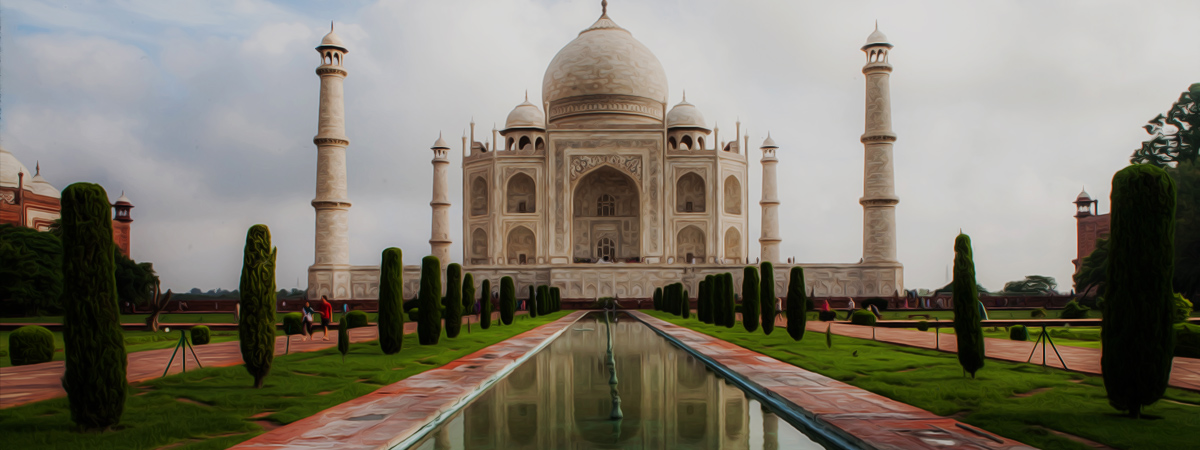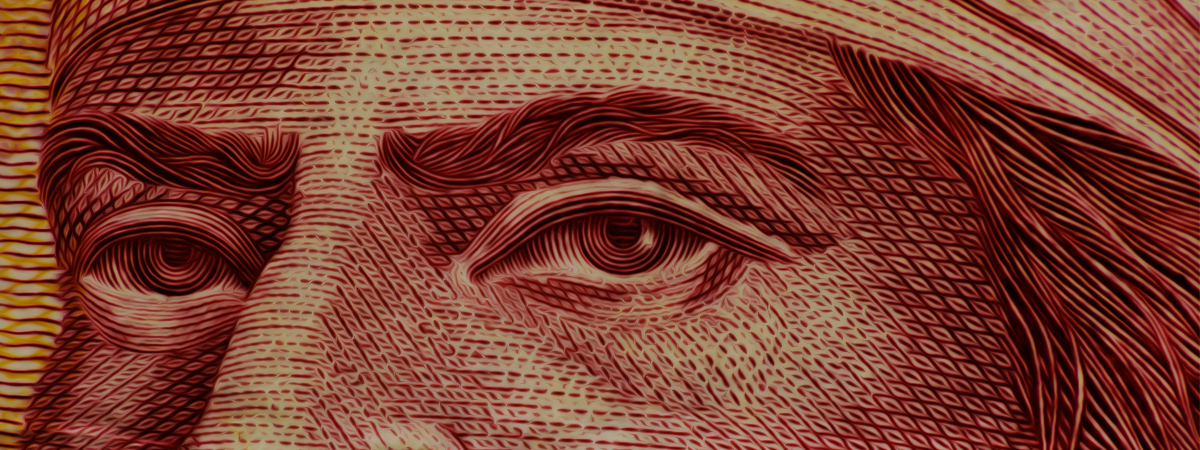It’s not often that I hear lawyers talking about “heart.” In fact, we are trained in law school to detach ourselves from emotion and to apply the law dispassionately. We are inundated with human tragedy in the first year of law school through the study of criminal law and personal injury (torts), and somehow the human element is lost in the study of theory.
As a business lawyer at a large international firm, I often worked on very large and complex legal transactions with a lot of zeroes. I found that such deals were exciting and sexy in the abstract, but I did not find the day-to-day work very rewarding. The work I enjoyed the most was the messy and often unglamorous work with start-up entrepreneurs.
Why did I enjoy working with entrepreneurs? Because it was personal, it was human. There were not teams of professionals and a vast corporate client. It was often just me and my living and breathing client, who, as an entrepreneur, often had everything on the line. My work had more meaning because I could see it was important to the lives of people I often came to know as friends. Looking back, I see that I was being guided by my heart.
Working in the world of social enterprise, the heart element is even more prominent. My work in India is a perfect example. The quote above is from a visit to the Gandhi Smriti memorial in Delhi during a recent visit to India to attend the Sankalp Forum and participate in the final week of the Dasra Social Impact program. I first came to India in the fall of 2008 and toured throughout the state of Bihar, one of the poorest in India. I was traveling with my primary spiritual teacher, Thich Nhat Hanh, visiting places where the Buddha lived and taught.
So my heart was open and soft and vulnerable—it broke when I witnessed day after day the abhorrent conditions in which so many of my fellow beings lived. The good news is that it broke wide open. The wall that separated “me” from “them” was breached—at least momentarily—and it penetrated tangibly into my consciousness that the problems I encountered were not theirs or India’s alone, but also mine.
My work not only impacts the lives of my social enterprise clients, but also the lives of the people that they seek to serve. Tweet This Quote
Of course, this is true with all of the environmental and social problems throughout the world. We all share in, often contribute to and are affected by these problems, whether or not we realize it. We all then, accordingly, have the power to help solve those same problems.
And so, my lawyer work becomes even more my life’s work. I see that my work not only impacts the lives of my clients, but also the lives of the people that they seek to serve. As a result, the measurement of my success as a professional has become more nuanced: it is not just what I earn and the results I produce for my clients, it is also the impact that I have on people that I know only through my heart.
This originally appeared on Bruce’s blog.



